
Muzna Alvi
Research Fellow, Natural
Resources and Resilience

Back
With research staff from more than 60 countries, and offices across the globe, IFPRI provides research-based policy solutions to sustainably reduce poverty and end hunger and malnutrition in developing countries.

researcher spotlight
Erick Boy is the Chief Nutritionist in the HarvestPlus section of the Innovation Policy and Scaling Unit. As head of nutrition for the HarvestPlus Program since 2008, he has led research that has generated scientific evidence on biofortified staple crops as efficacious and effective interventions to help address iron, vitamin A, and zinc deficiency in sub-Saharan Africa, Latin America, and South Asia.

Back
Since 1975, IFPRI’s research has been informing policies and development programs to improve food security, nutrition, and livelihoods around the world.

Back
IFPRI currently has more than 600 employees working in over 80 countries with a wide range of local, national, and international partners.
Voluntary internal and international migration can create significant economic benefits for migrants as well as their origin and destination communities. Remittances—the money sent by migrants to their home countries—are important sources of income that drive economic growth in migrants’ sending countries. Voluntary migration can improve food security both for migrants and the households they leave behind. Those who remain behind, including women, can benefit from new economic and decision-making opportunities, but they may also face growing work burdens and inadequate access to resources; attention to empowering such individuals is critical.
Forced migration, however, may exacerbate food insecurity of displaced populations or host communities by disrupting access to resources, arable land, and employment opportunities. Migrants forced to flee conflict, violence, and natural or human-made disasters face increased vulnerability to hunger and malnutrition—with women facing especially acute vulnerabilities. Inadequate infrastructure and limited access to humanitarian aid further compound these challenges.
IFPRI conducts evidence-based research to delve deeper into the factors leading to forced and voluntary migration and migrant remittances, and on the effects of migration on migrants, source households, and host communities, including effects on food security and household well-being. This includes analysis of gender-disaggregated data on the drivers and impacts of migration, including impacts on access to resources and livelihood choices. Innovative tools are also being developed for better monitoring of migration patterns and identification of areas more prone to involuntary migration. IFPRI’s research on this topic is closely aligned with the Sustainable Development Goals (SDGs), including SDG1, SDG2, SDG8, SDG10, SDG11, and SDG16, and the CGIAR Impact Areas on Poverty Reduction, Livelihoods & Jobs and Gender Equality, Youth & Social Inclusion.


Journal Article
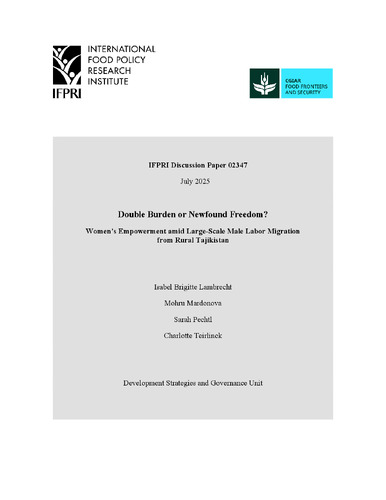
Working Paper
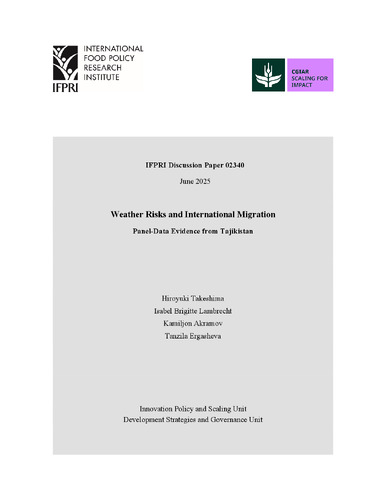
Working Paper
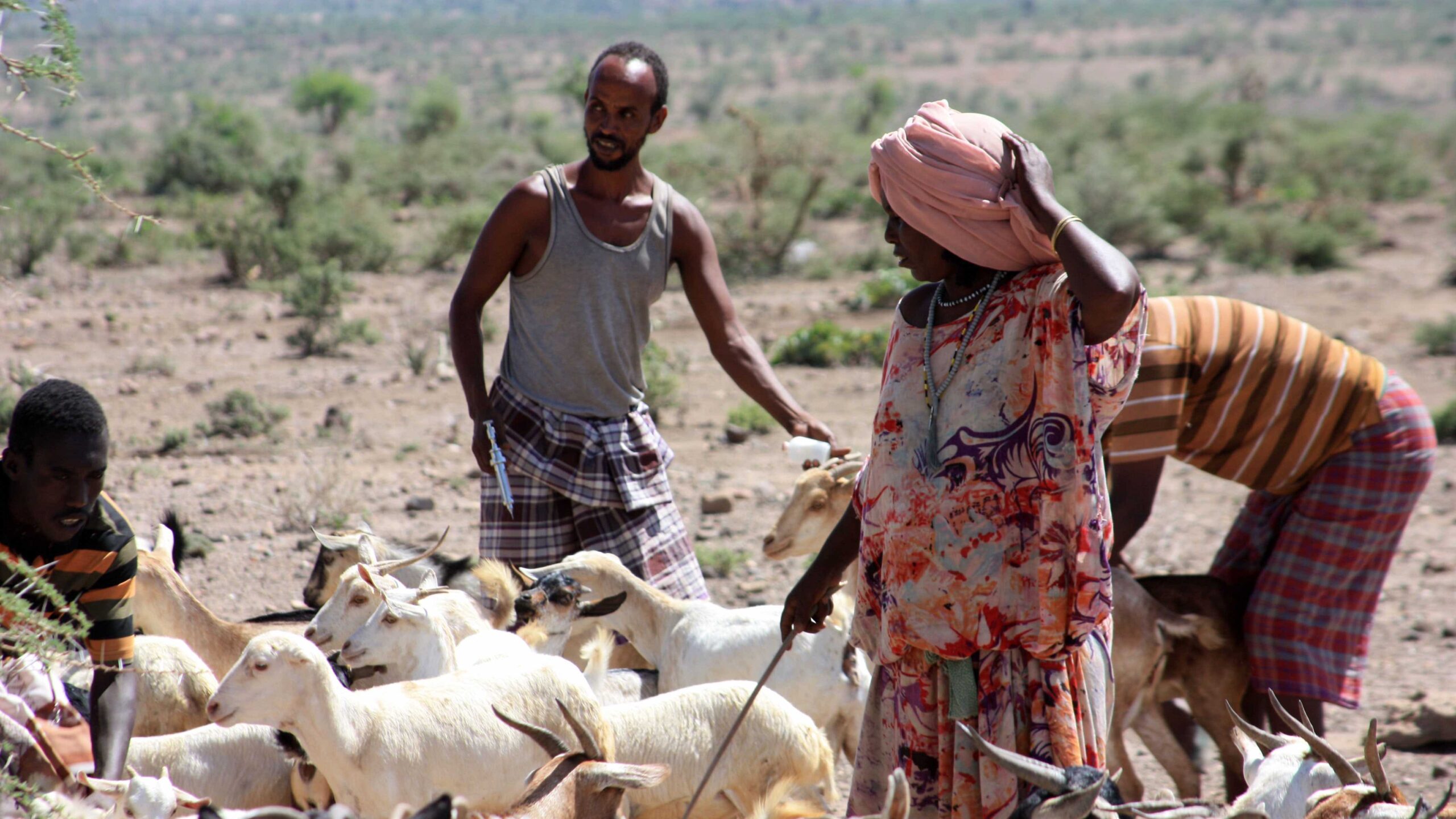
Approaches to build resilience amid global aid cuts.
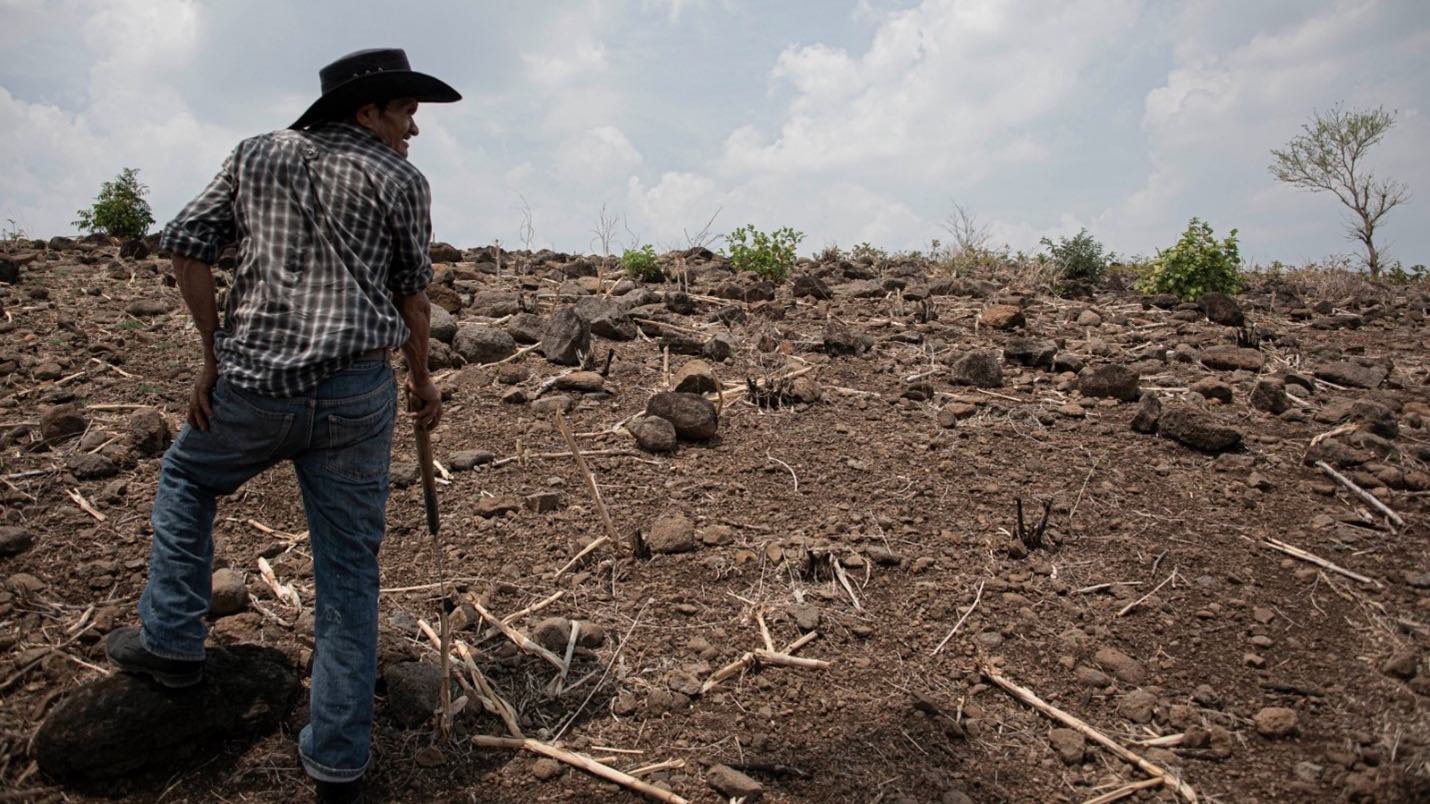
Investing in incentives to stay put.
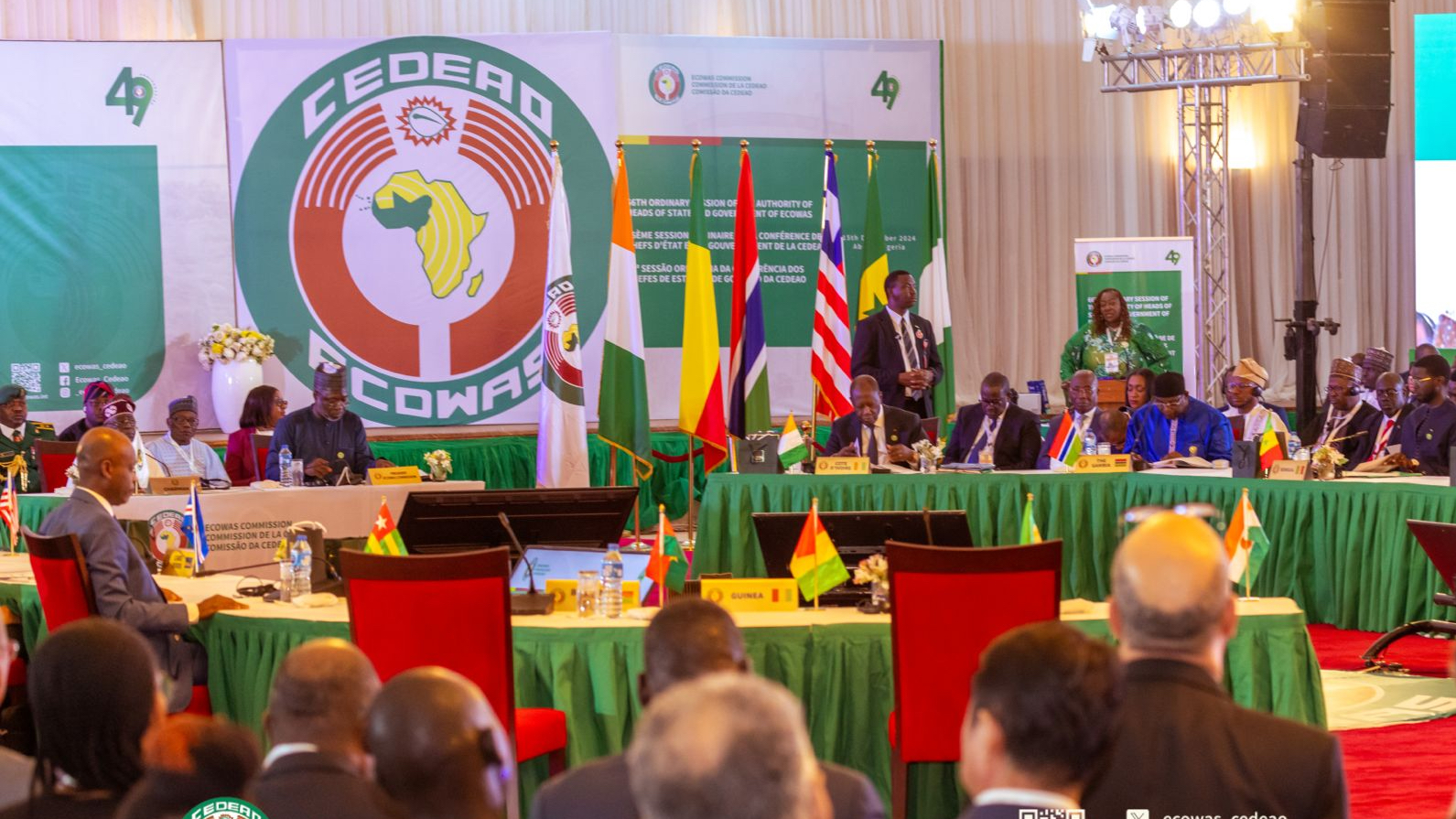
Facing the “Sahelexit.”
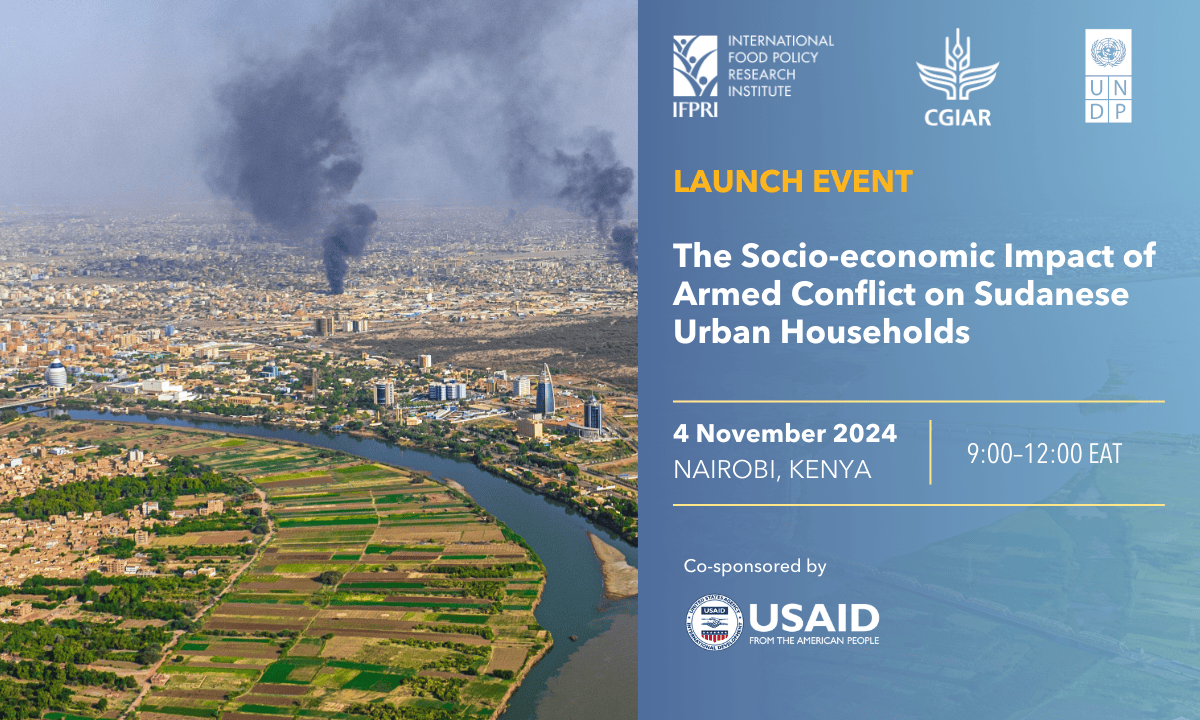
The ongoing conflict in Sudan has been concentrated in cities, with major impacts on urban households. Large numbers of families are displaced, employment is down dramatically, and most children are unable to go to school. A comprehensive survey conducted earlier this year by IFPRI’ Sudan Strategy Support Program and the United Nations Development Programme provides […]

Hybrid Event: March 5, 2024 at 8:00am-6:00pm EAT / 12:00am – 10:00am EST. IFPRI and UNDP have partnered for this event on wide-ranging and in-depth analysis to better understand the socioeconomic impact of the war in Sudan, and to inform policy and programmatic recommendations.
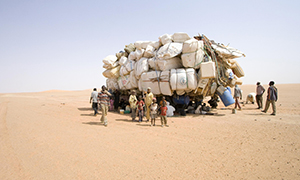
Event: July 20, 2023 – 9:30 AM- 11:00 AM EDT. This seminar will present study results and the website, with discussion by researchers from IFPRI, WFP, and MIT as well as other experts.
“Almost half of the world’s agricultural workers are women and women farmers produce up to 80% of the food grown in LMICs. Despite their large contribution to agricultural labor, fewer than 20% of landowners globally are women,” writes The Lancet Planetary Health in an editorial featuring a new article co-authored by IFPRI’s Lilia Bliznashka, Aulo Gelli, and […]
Washington, D.C. The 2023 Global Food Policy Report, released by the International Food Policy Research Institute (IFPRI) today, offers critical evidence that can help policymakers, the private sector, and the international development community heed calls for a more proactive response to food system shocks. In 2022, the world faced multiple crises that added to the […]
The Nation (Malawi) writes in a story, “The International Food Policy Research Institute (IFPRI) says rural households will increasingly need to turn to other jobs other than in the agriculture sector to escape poverty which is hovering at 57 percent. In its analysis of employment options and challenges for rural households in Malawi, the institute […]

Research Fellow, Natural
Resources and Resilience

Research Fellow, Markets,
Trade, and Institutions

Research Fellow, Markets,
Trade, and Institutions, Latin America and the Caribbean

Senior Research Fellow, Poverty,
Gender, and Inclusion

Research Analyst, Development
Strategies and Governance

Nonresident Fellow, Development
Strategies and Governance